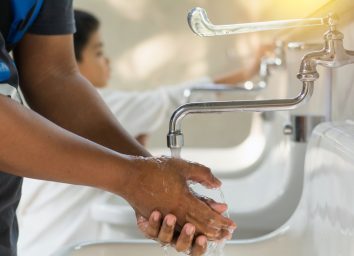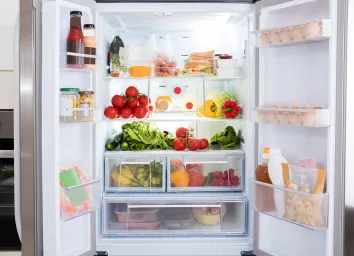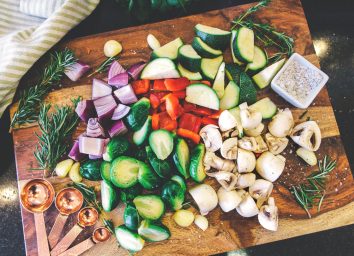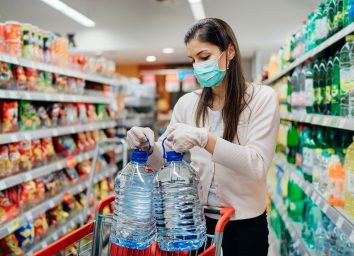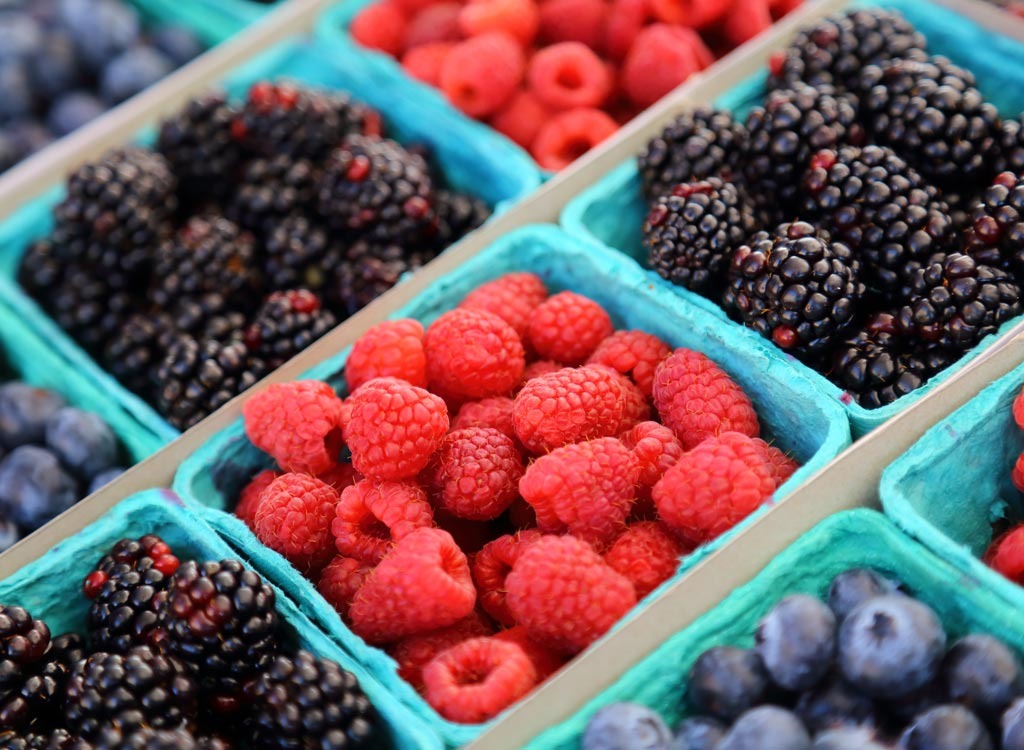
We get it: Buying and choking food during the coronavirus pandemic can be pretty confusing. You wear a mask and gloves to the grocery store and wash your hands when you get home, but what about cleaning the food itself? Washing your produce is always a good idea, and not just during the pandemic, which is why we want to help you make sure you’re washing fruits and vegetables the right way. Here are the foods you should be washing, even if it’s not something you’ve done in the past.
When it comes to washing produce, you don’t have to buy a fancy vegetable wash, either. Holding your fruits and vegetables under running water can still help rinse off any bacteria on the surface. For more on getting your fruits and veggies nice and clean, here’s How to Wash Fruits and Vegetables Safely During the Coronavirus Pandemic.
Avocados
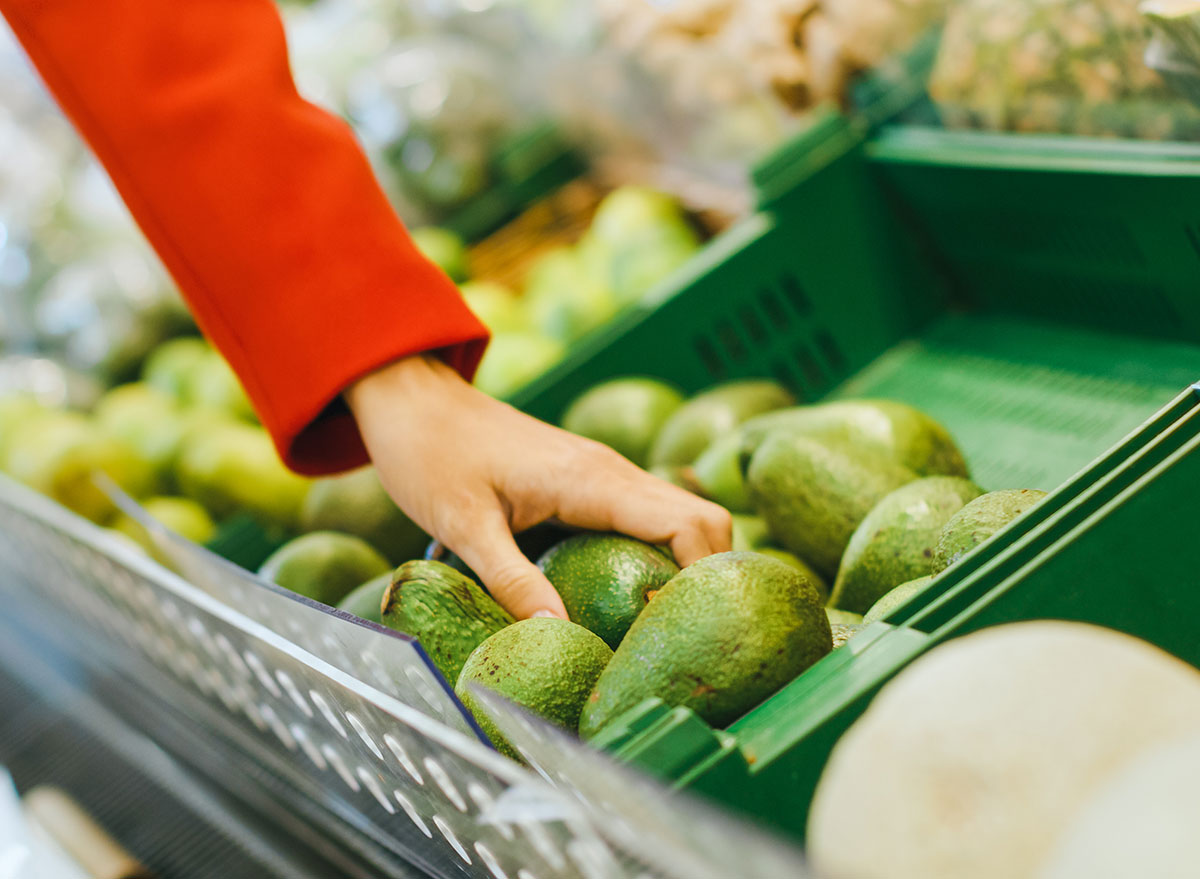
Just because you’re not eating the skin doesn’t mean you shouldn’t wash off the rind of fruits like avocados. If there are bacteria on the outside, it can be transferred to the edible part of the fruit when you cut it open.
Oranges
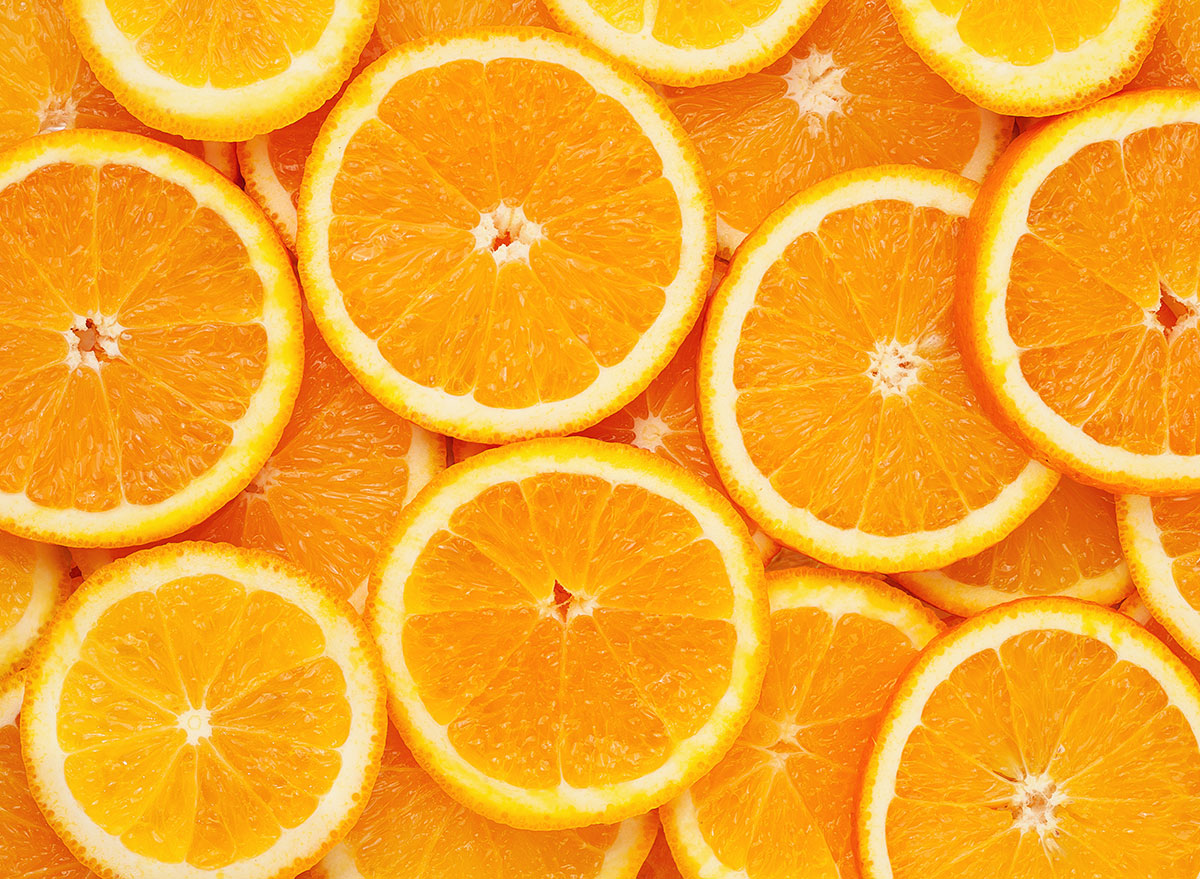
Like with avocados, oranges still need to be washed, even if you’re not eating the peel.
“Whatever is on the skin of the produce can be pushed into the pulp of the produce when we start cutting into it with a knife or peeling it with our fingers (in the case of an orange for example),” Amanda A. Kostro Miller, RD, LDN, previously told Eat This, Not That.
Kale
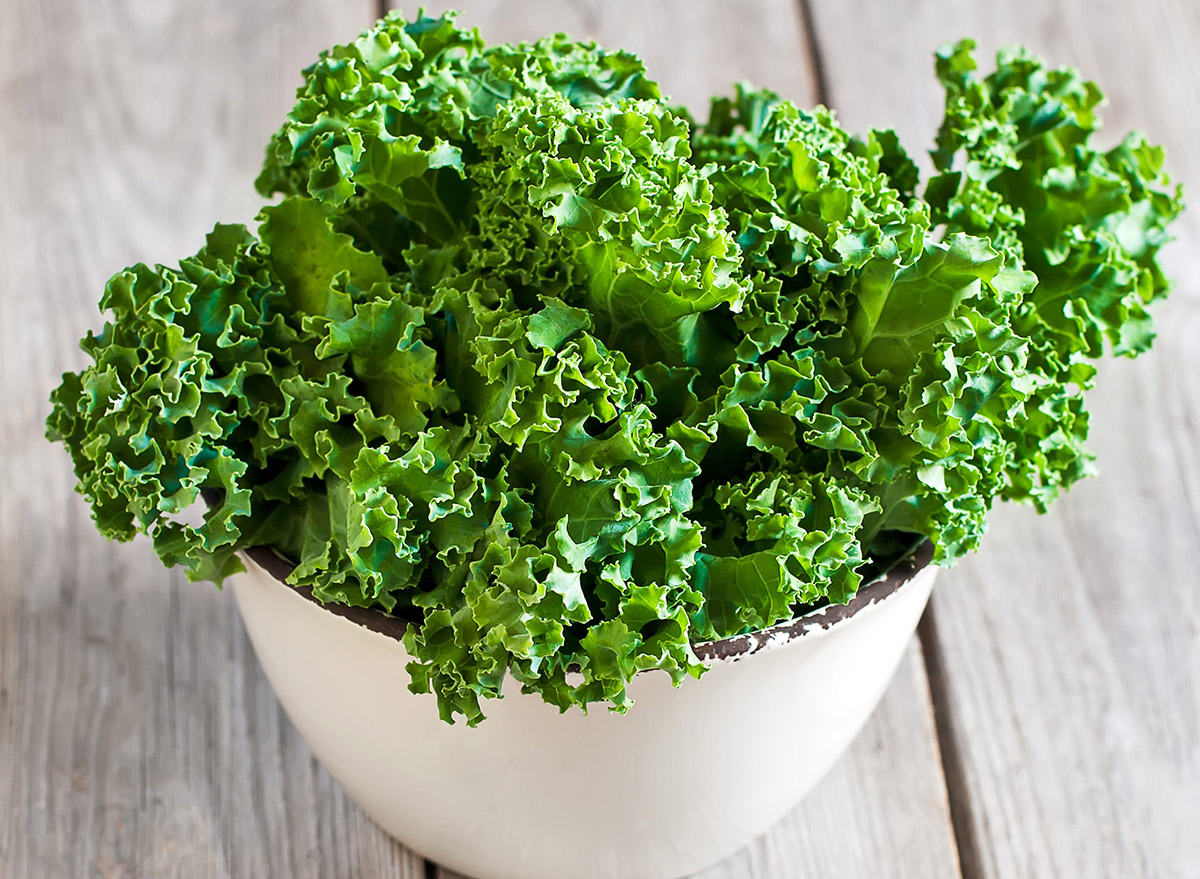
If you’re buying a bag of prewashed lettuce, you can skip this step. But for any type of fresh lettuce you’re shredding yourself, you’ll want to wash it off, ideally in a salad spinner. Leafy greens are a leading cause of foodborne illness. For more ways to stay safe, be aware of these 17 Foods Most Likely to Give You Food Poisoning.
Potatoes
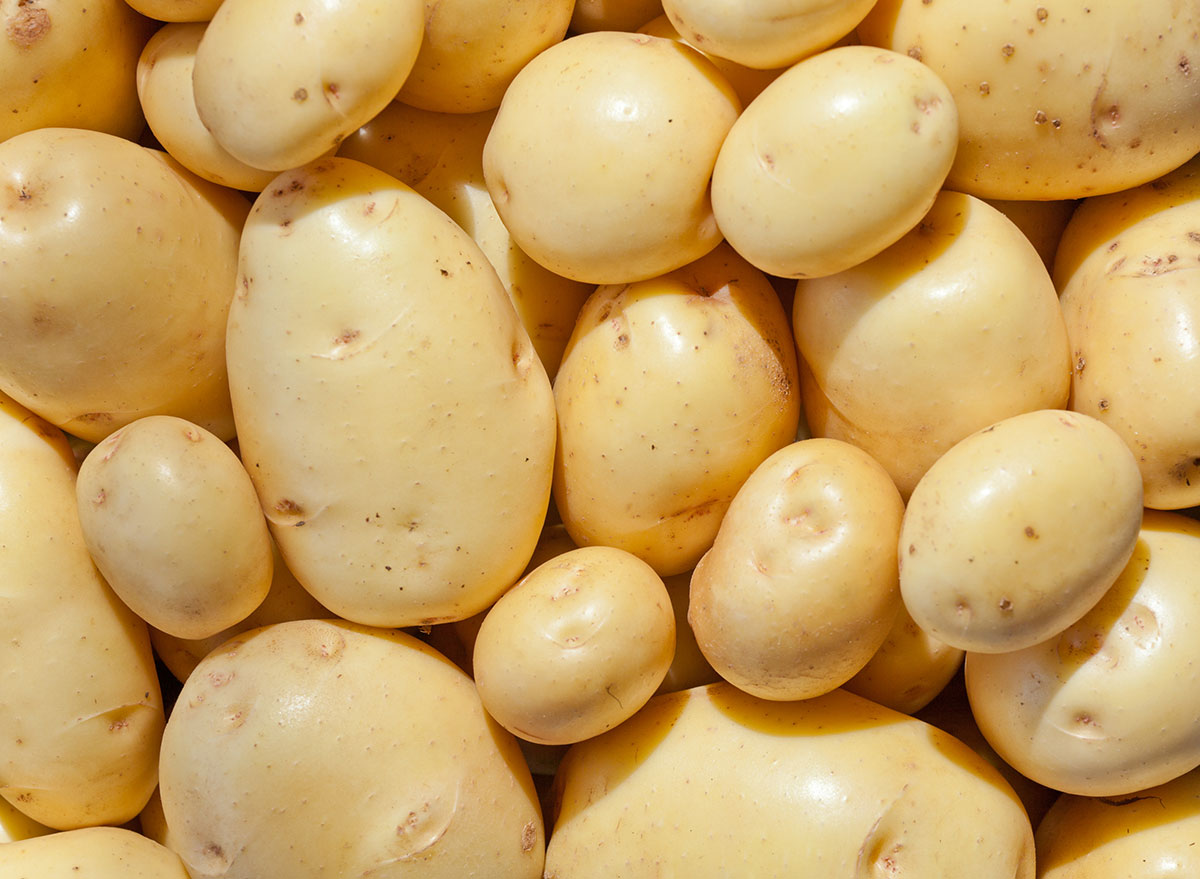
Even if you’re peeling a potato and won’t be eating the skin, you should still rinse off the outside first. Bacteria can get onto the peeler and be transferred to the inner part of the veggie.
Apples
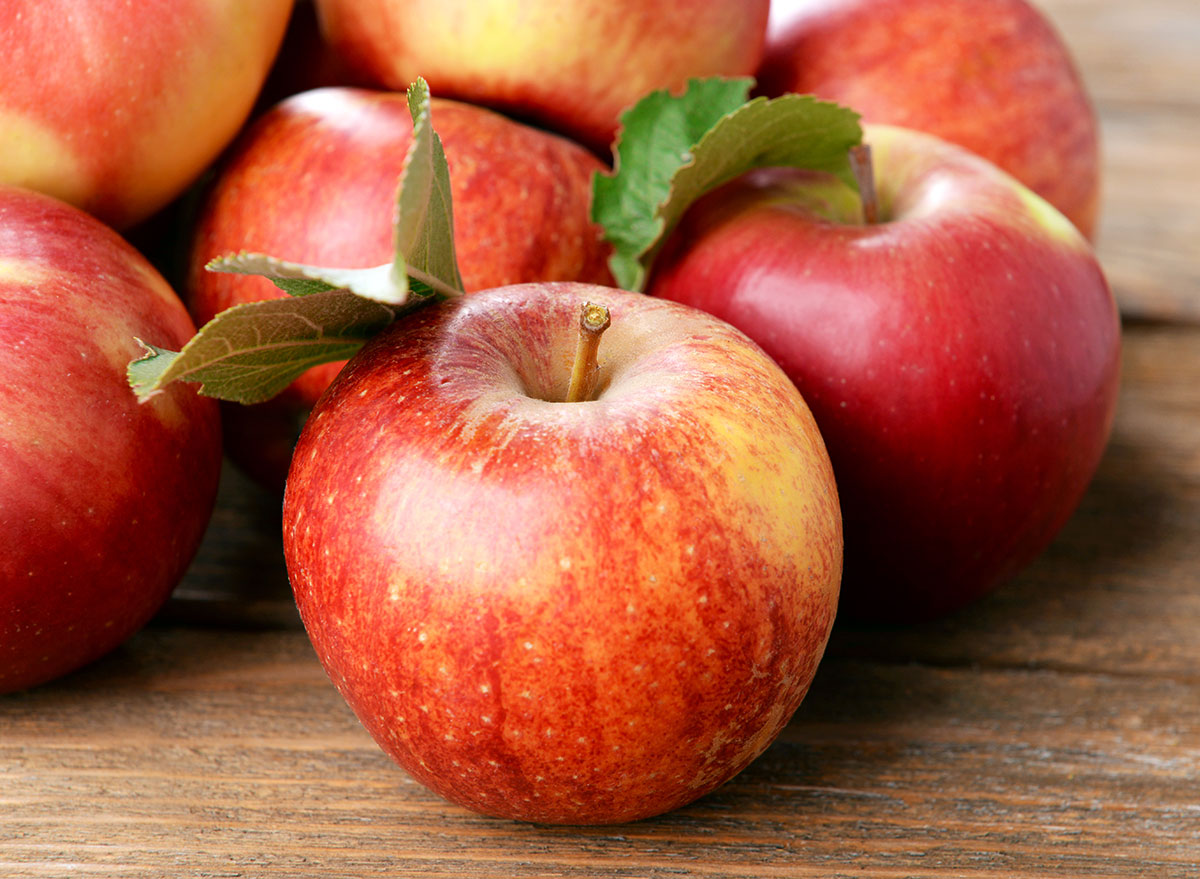
Yes, apples are a ready-made snack, peel and all. But it’s worth giving your apple a quick rinse before biting into it, to remove any bacteria from the surface.
Once you’ve cleaned those apples off, try them in one of these 17 Healthy Apple Recipes.
Canned Beans
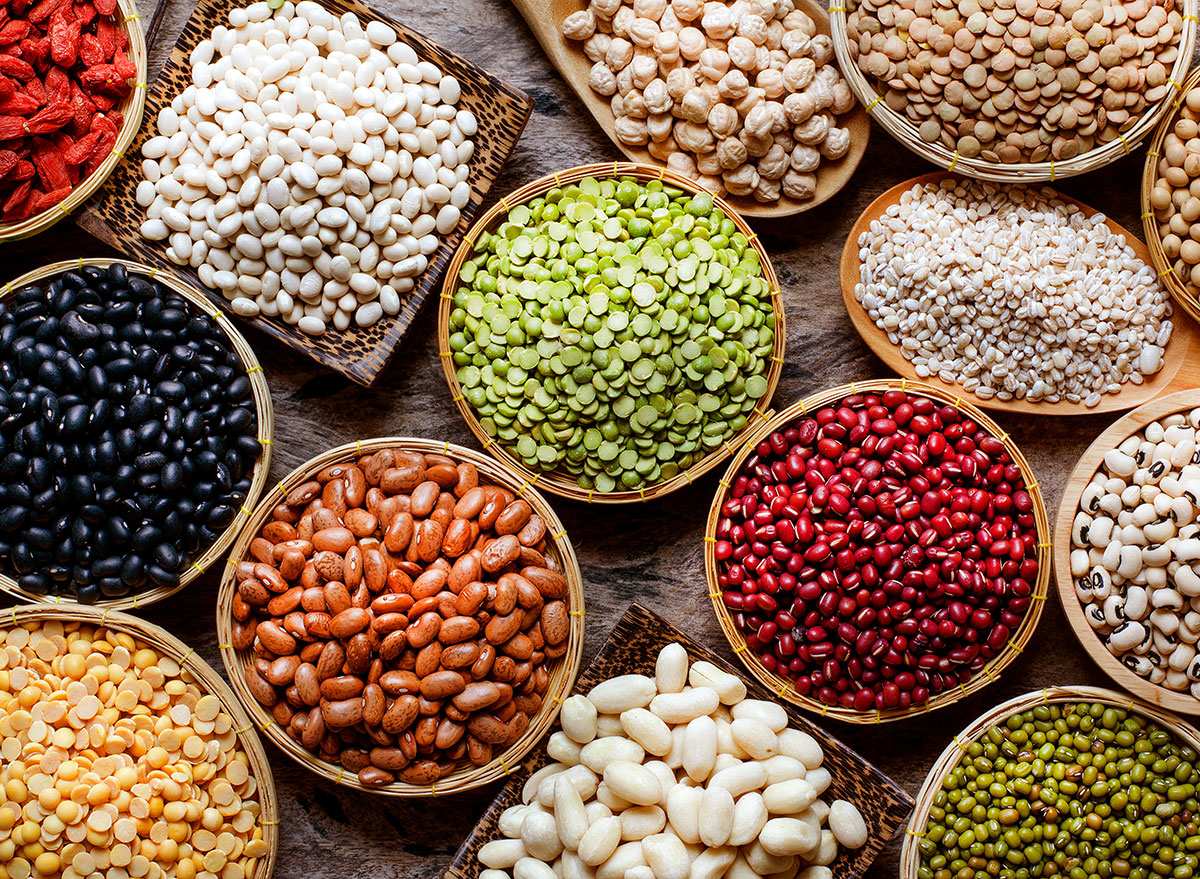
Canned beans are a great pantry staple, as they are perfect in countless recipes. But before tossing those beans into your chili, rinse them off in a colander! Beans are packed in a liquid that can mess with your recipes, and that liquid tends to be pretty sodium-heavy, too.
Rice
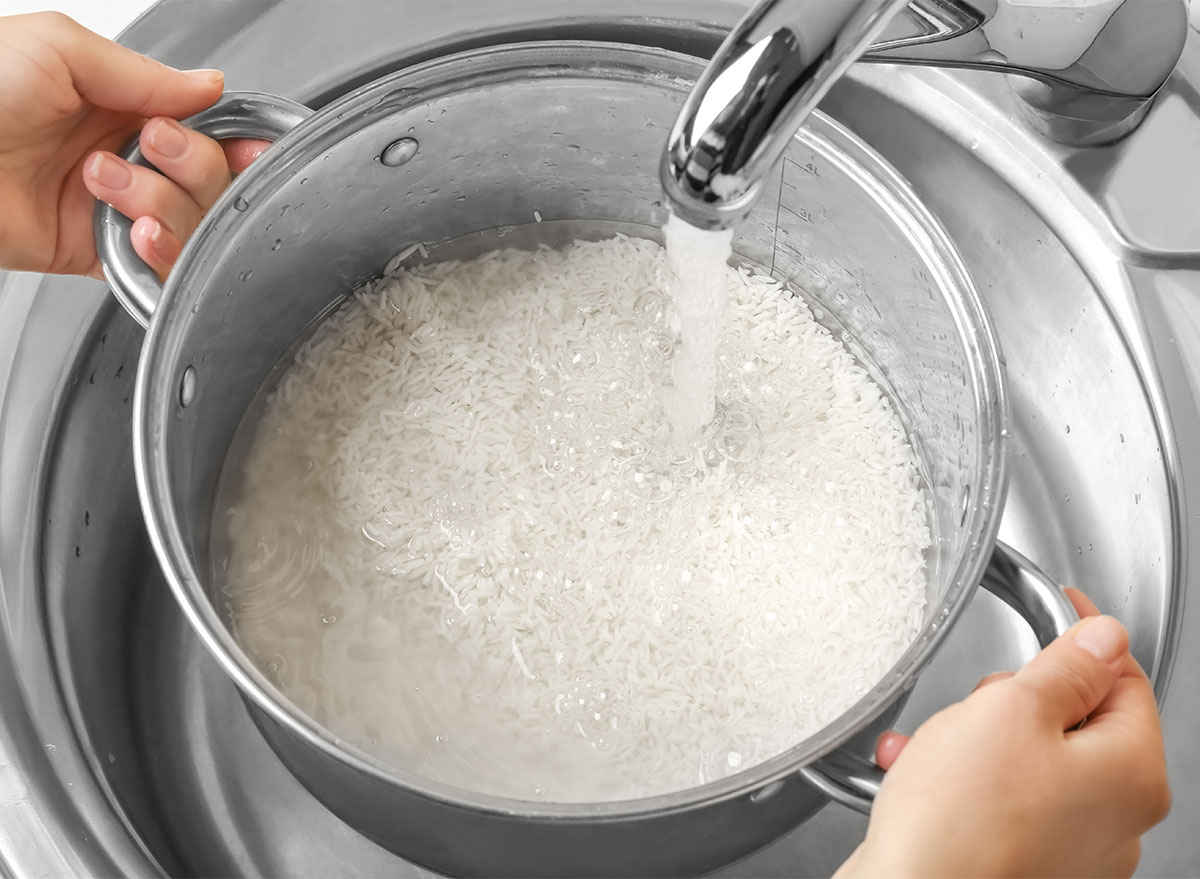
If you aren’t rinsing rice off, you should start! Running your rice under water with a strainer will make it less starchy, and it will be fluffier when you cook it.
Quinoa
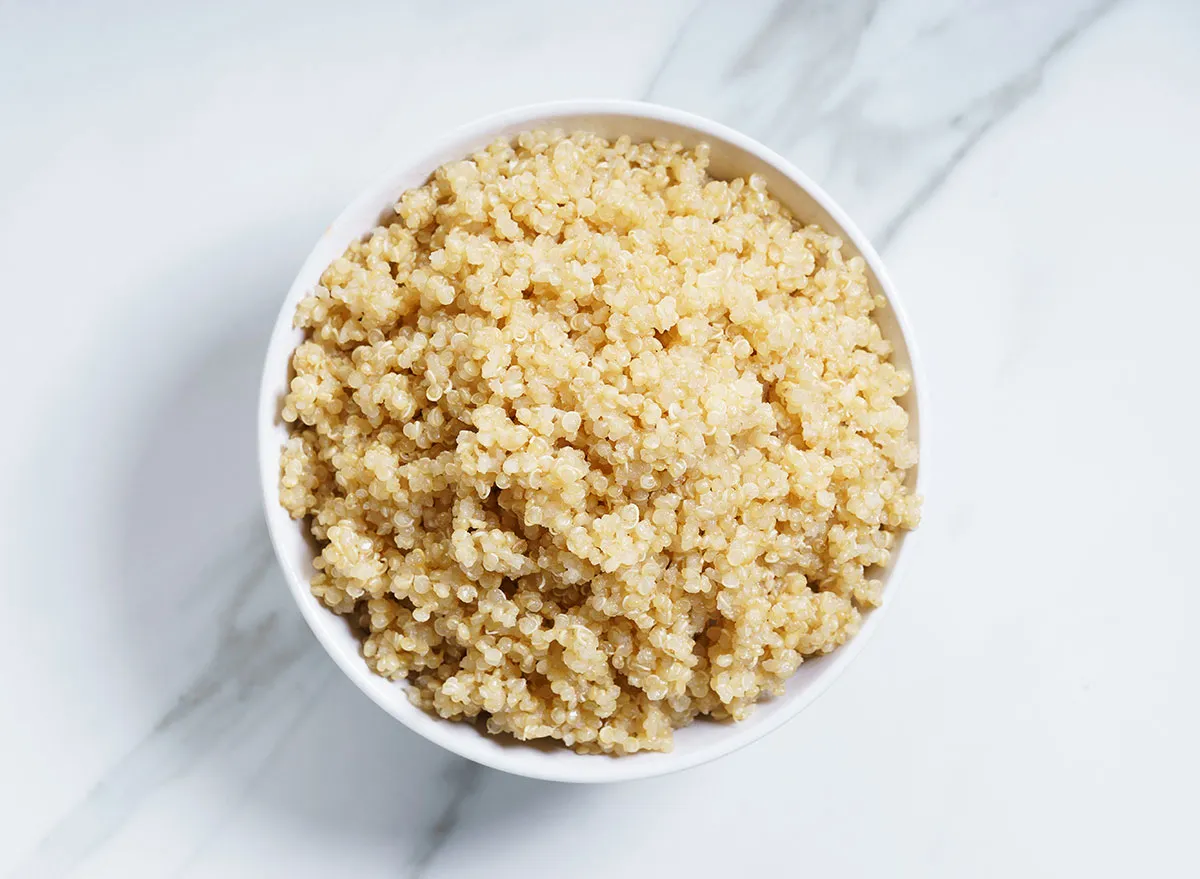
Like rice, quinoa should be rinsed with a strainer before it’s cooked. If you want a fluffy batch of quinoa, don’t skip this step!
Fresh Herbs
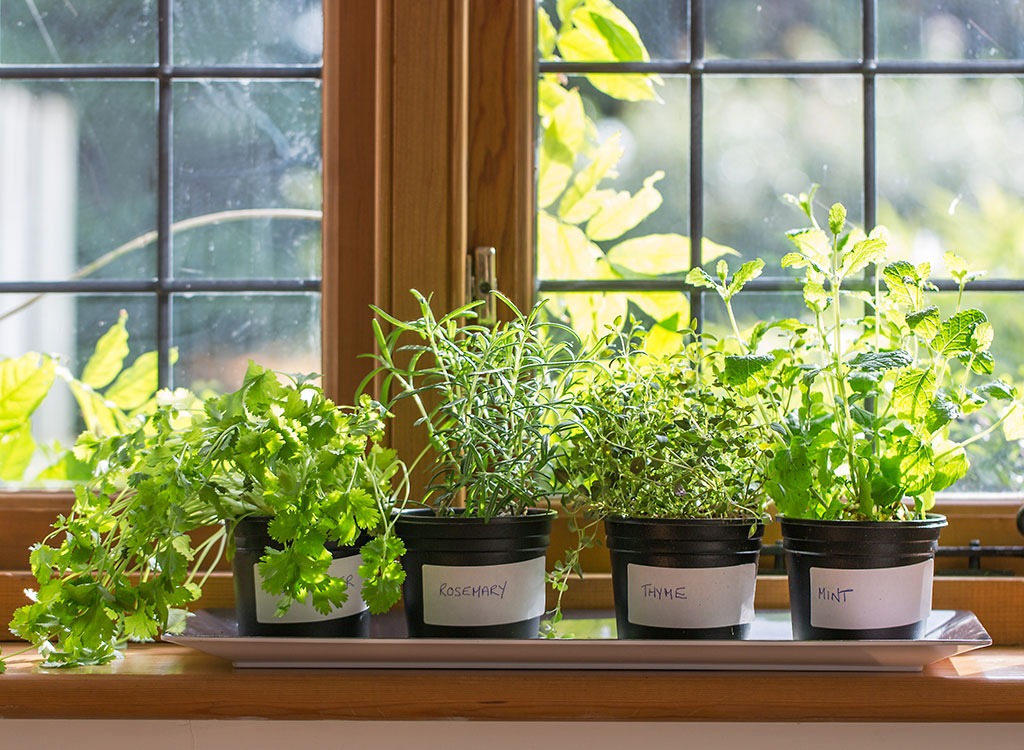
Yes, herbs are delicate, but you should still rinse them off with water. They might have dirt on them, which you don’t want in your food. Pat your herbs dry with a paper towel after rinsing.
Melons

Melons are another fruit with an inedible rind that you shouldn’t skip washing. The last thing you want is for bacteria from the outside of that watermelon to transfer to your fruit slices or fruit-infused water.
Shellfish
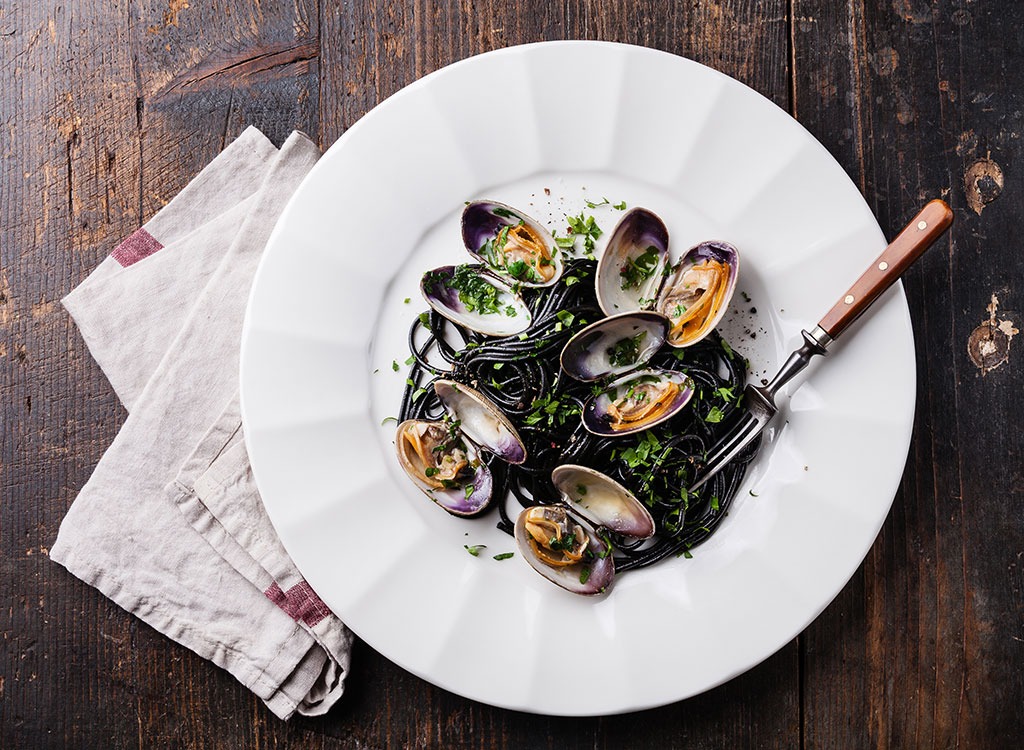
If you’re cooking clams or mussels at home, don’t skip rinsing the shells off. You don’t want any sand or dirt getting in your food!
Berries
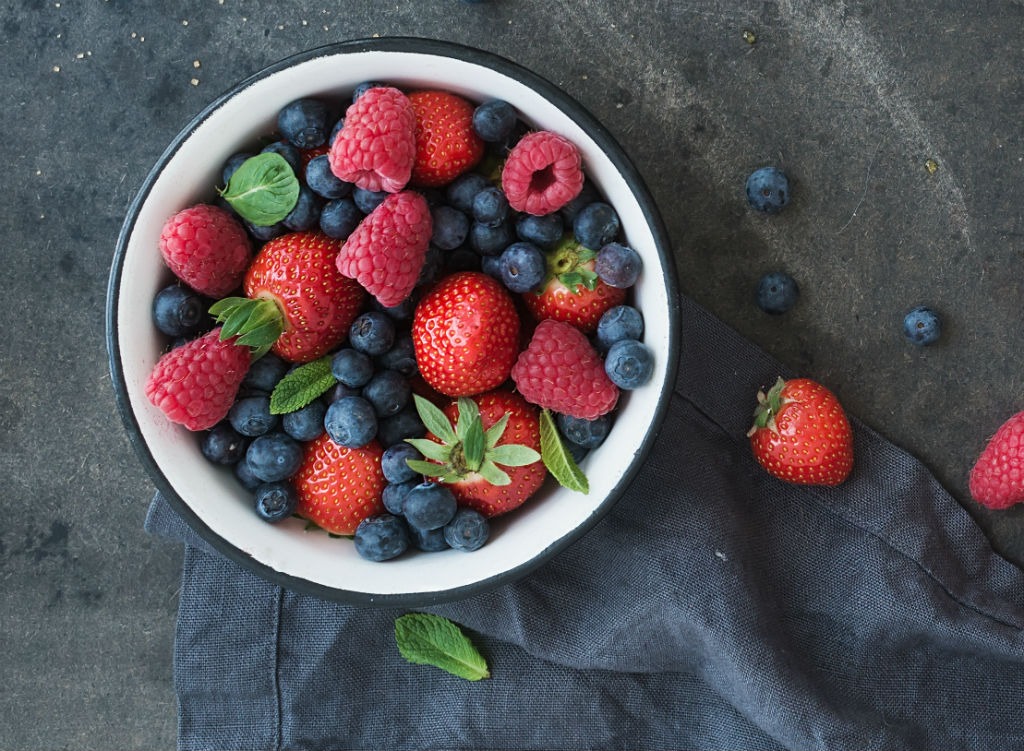
It might be tempting to eat small berries straight out of the package, but you should rinse them off first. There could be bacteria on the outside of the fruit, and it’s better to be safe than sorry.
Lemons and Limes
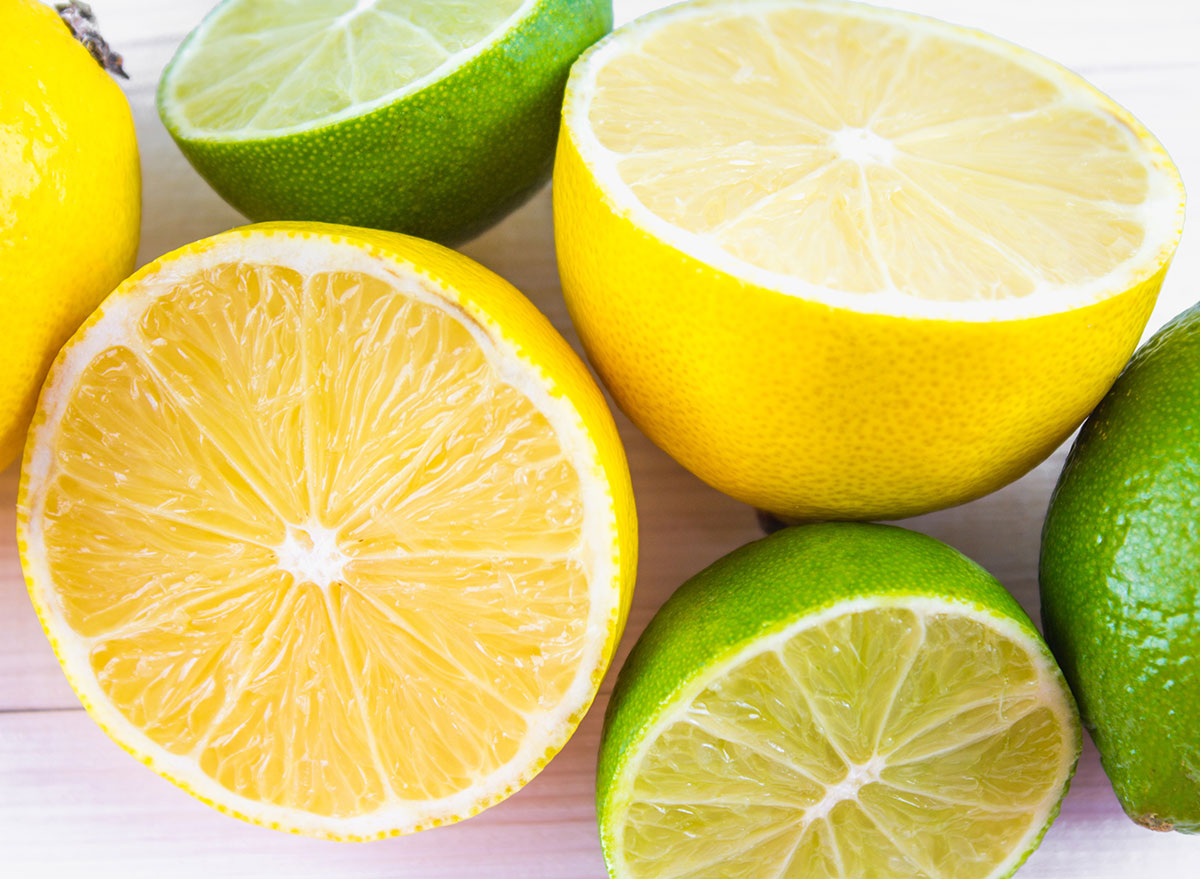
If you’re going to plop a fruit slice into your drink, rind and all, you should definitely wash it first! Letting potential bacteria soak into your lemon water is a recipe for disaster.
